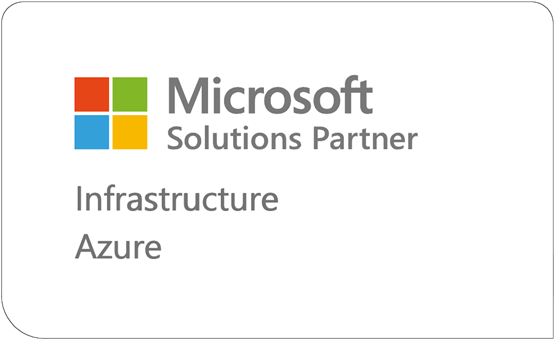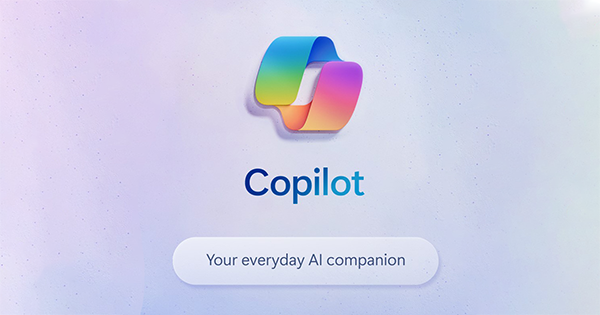Systems Engineering is proud to announce that we have been recognized as a Microsoft Solutions Partner for Azure Infrastructure. This elite designation underscores our technical excellence, client success, and deep commitment to modernizing and securing IT environments in the cloud.
Systems Engineering Earns Microsoft Azure Infrastructure Designation — Powering the Next Generation of Cloud Innovation
Business Transformation, Announcements, IT Solutions & Support
As a Managed Services Provider and Microsoft AI Partner, Systems Engineering began its Microsoft Copilot journey over a year ago. Since then, we've gained firsthand experience using AI to streamline work, enhance productivity, and strengthen governance. This blog shares our path—what we tested, what's worked, and what comes next.
With digital transformation a necessity, cybersecurity threats accelerating, and compliance requirements evolving, having resources that can tackle the complexities of decision-making and investment for these major issues and initiatives is essential. It can become overwhelming for an executive leader or IT staff to bear the entire burden of making choices that span security, vendor management, and technology adoption.
Imagine the impact on your organization in the event of an IT disaster like an office fire, systems failure, or ransomware attack. If all your data vanished, how quickly could your organization bounce back? Would it be a matter of minutes, hours, days, or even weeks? Consider the repercussions on your customers and employees. These are the critical data resiliency queries that business leaders must address when evaluating their data backup solutions and recovery strategies.
As 2024 begins, businesses are beginning to execute on reflection on the past and a strategic outlook for the future. Now is the time for a meticulous review of your IT strategies. This blog explores the imperative questions to ask and offers a roadmap for strategic IT investments in 2024.
Let's talk about Microsoft Copilot, an AI-powered tool designed to revolutionize the way we work. It's your copilot designed to unleash creativity, unlock productivity, and uplevel skills.
Today's rapid advancement of technology is opening up endless opportunities for business growth and innovation. This constant evolution is reshaping how companies operate, compete, and cater to customers. With technological advancements showing no signs of slowing down, how can your business find ways to stay current on emerging technologies and improve operational excellence with technology?







.png)




